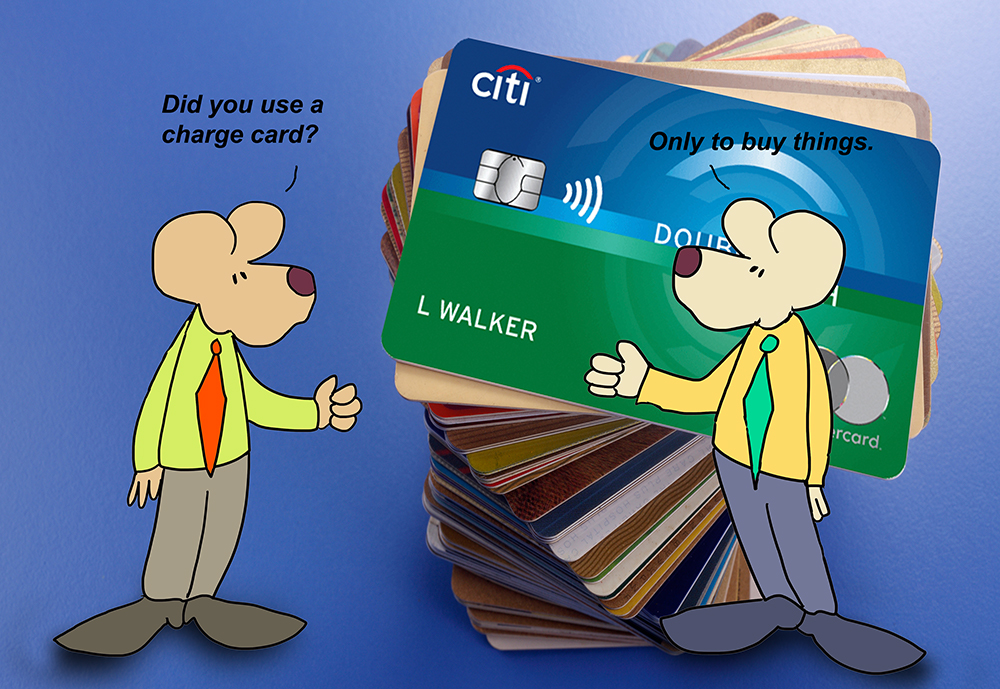Nothing is for free, as they say. We have to pay a price for everything. One way or the other.
I was thinking about this notion a while ago, and it came back around today when I saw that this is the anniversary of the world’s first adhesive postage stamp.
Yes, the first adhesive postage stamp issued came about on May 6, 1837, in England. It was called the “Penny Black.” It featured a profile of young Queen Victoria against a black background. The cost? One Penny.
In 1837 it was normal for the recipient to pay postage on delivery. That seems like quite a thing, doesn’t it? A person gets a letter, or a bill, come knocking at their door, and they had to pay for its travels? The postal service based the charges mostly on distance traveled. The whole thing made the task of paying for a simple letter, a very involved procedure in mathematics.
So along came the stamp to simplify things. The thinker behind this was a man named Rowland Hill. A brand new system of pre-payment of postage. The new method stated a person could lick the back of the Penny Black, smack it on an envelope containing less than 1 ⁄ 2 ounce (14 grams), and the said letter would be delivered, regardless of distance. A new flat rate of one penny.
Those stamps are worth more than a penny these days. The total print run was 286,700 sheets, a total of 68,808,000 stamps, each now worth around $700.00.
A system of credit, reversed.
We have a lot of credit going around these days. From the top down. And people from all walks of life run up huge amounts of debt on credit. Those little plastic cards, which fit so nicely into a purse or pocket.
We didn’t always have credit cards either.
Certainly, the concept of “credit” had been around since the time of forever. I always think of Wimpy, with his little bowler hat tilted to the side, saying, “I will gladly pay you Tuesday for a hamburger today.” I used to say this to my mom — a lot.
Anyway, credit systems date back 5,000 years ago, when the ancient Mesopotamians used clay tablets to conduct trade with the Harappan civilization. The system was not nearly as convenient as we find today. They used these big slabs of clay with seals from both civilizations. But, it was much better than if they had to melt down tons of copper to make the coins they used back then.
Credit has followed different places throughout history. Like in America during the 1800s with the onset of westward expansion. Merchants would use credit coins and charge plates to extend credit to local farmers. That way, farmers could have what they needed but pay for it once they harvested their crops or sold their cattle.
But the modern-day credit card found its real beginnings in the early 1900s. In the United States, a few, few, few department stores and oil companies issued their own proprietary cards. The card for that store was accepted only at that store. Like Macy’s, or something. They were designed mostly to promote customer loyalty and improve service.
But. The very first bank-issued charge cards originated in 1946. The man with the plan was a Brooklyn banker named John Biggins. He came up with the Charg-It card.
Charg-It purchases were forwarded to Biggins’ bank. The bank acted as “the middleman.” They reimbursed the merchant and obtained payment from the customer. Plain and simple. It became known as the “closed-loop” system.
As the duck says, “Just put it on my bill.”
Or the other one, “Money makes the world go round.”
Either way, it seems that people need OR want things — some more than others. Credit cards are a way of getting those goods no matter what. But the important thing so many people forget is that we have to pay actual money if we want to buy something. Nothing is for free.
============
“While money can’t buy happiness, it certainly lets you choose your own form of misery.”
― Groucho Marx
============
“Too many people spend money they haven’t earned, to buy things they don’t want, to impress people that they don’t like.”
― Will Rogers
===========
“Money may not buy happiness, but I’d rather cry in a Jaguar than on a bus.”
― Françoise Sagan
============
Credit is as credit does
